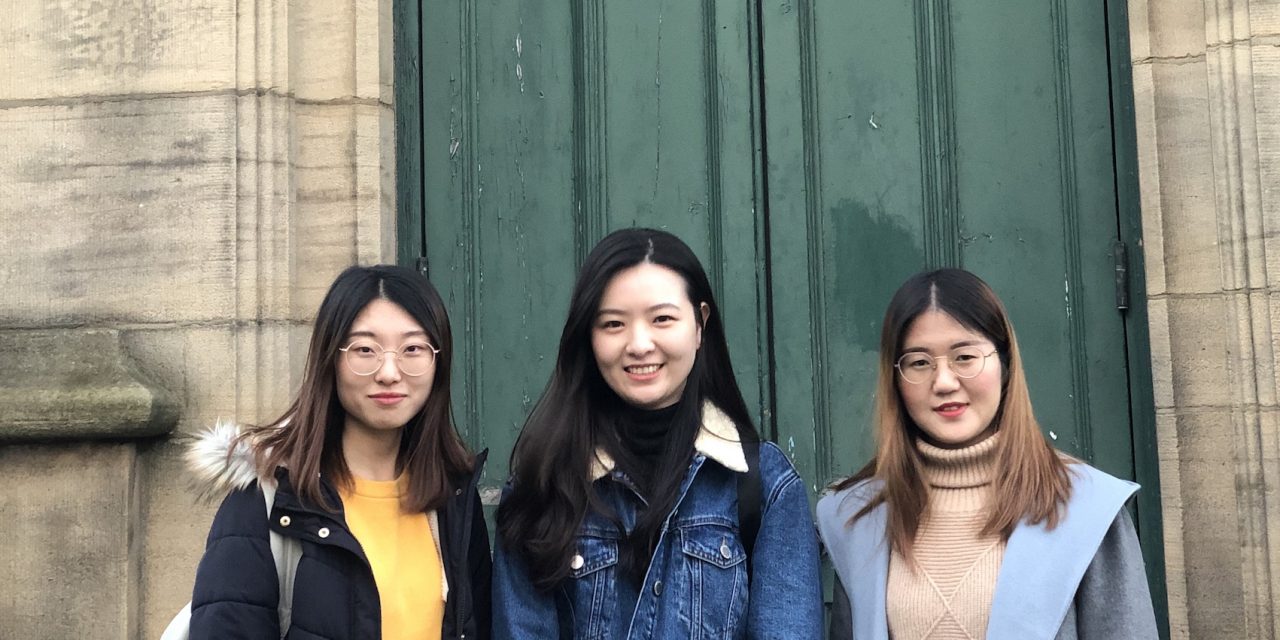The CFOM Media Freedom Student Project has returned for the 2018 academic year to celebrate oustanding work by MA Global Journalism students at the University of Sheffield’s Department of Journalism Studies.
The successful case studies examine the landscape of media freedom in Rwanda and Liberia, reflecting on institutional, social, economic, political and culltural challenges the medai faces in these countries.
If you wish to cite this work please cite the authors, the title, that it is a student project and the website URL.
Current Challenges to Media Freedom in the Republic of Rwanda
Xueyan Gao, Sijie Liu, Menghan Zhao
The Media Environment in Rwanda: An Overview
According to Reporters Without Borders (RSF 2018a), Rwanda has been near the bottom of World Press Freedom Index for years and it is ranked 156th out of 180 countries in the 2018 Index. And the President Paul Kagame has been on the RSF’s list of “Predators of Press Freedom” for several years (RSF 2011).
One of the most important principles in Rwandan media law is to guarantee the freedom of the media, but this does not mean that it will be implemented in reality. This study will point out the Rwandan media’s difficulties and challenges, which are mainly from government threats and economic pressures. It is worth mentioning that in 1994 Rwanda experienced a deadly massacre, which was later confirmed to be related to media incitement (Chalk 2007). Even though it has been 24 years since the massacre, it still has a great influence on the level of freedom of the press in this country. In addition, the current dictatorship of the government in power is the main threat to Rwanda’s media freedom. In addition to politics, the economy is another threat to the freedom of development of Rwandan media. Due to the relatively backward economy of Rwanda, journalists are not effectively trained, and their wages are low, so “brown envelope journalism” often appears, which may lead to the emergence of fake news.
This study will compare the existing media law provisions with the actual implementation results, focusing on the challenges that Rwanda’s independent media freedom and journalist security may face in the future, as well as the government’s media regulatory system. These challenges come from multiple sources, but this study pays more attention to theeconomic and political aspects.
The victimisation of the media: the current situation of media freedom in Liberia
Yuqing Si, Xiaoxu Liu, Xiaoyi Cao, Zhong Zhang
The Media Environment in Liberia: An Overiview
The Republic of Liberia is a Western African country with 15 counties and a population of around 47 million (Sustainable Development Goals 2018). After a long history of being a colony, Liberia was declared independence on 26 July 1847 after a large group of freed and free-born black people from America settled in Liberia between the American civil war with their culture and tradition, which is the reason to explain why the official power structure of Liberia is heavily modelled on the government of the United States (HISTORY 2018). What also influenced Liberia society mostly is the two civil wars between 1980 and 2003, and the following Ebola virus epidemic in the 2010s. The two disasters further brought about various factors restricting media freedom in Liberia such as economic shrinking, political instability and high illiterately rate. At present, although unfettered media is preserved legally and President Georges Weah coming to power in January 2018 promises to reinforce freedom of expression (Dosso 2018), according to the 2018 report from Reporters Without Borders (2018), “self-censorship is widespread, and the media avoid taboo subjects such as government corruption. Most outlets still lack financial autonomy and depend on government contracts or funding from politicians”. The authors made a line chart based on data from Reporters Without Borders (2018) as below to present the change of Liberia ranking in World Press Freedom Index since 2013.
Furthermore, the Freedom House (2018) declares the Press Freedom Status of Liberia in 2018 is “partly free”. Since the civil wars ended in 2003 and the country peacefully experienced its first president democratic election in history, Liberia has achieved considerable progress in civil liberties and freedom. “However, Liberia still faces serious issues with corruption and unequal access to justice” (Freedom House 2018) .

